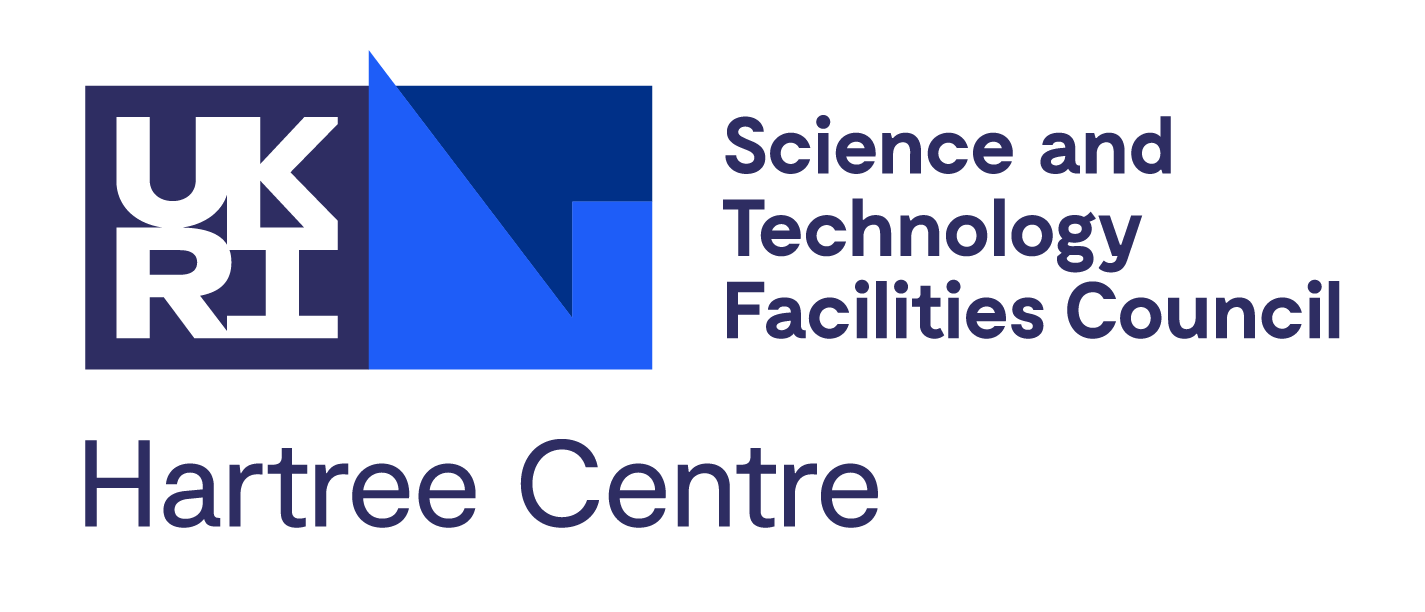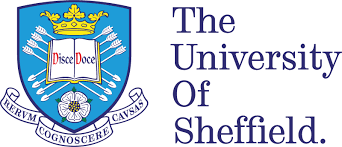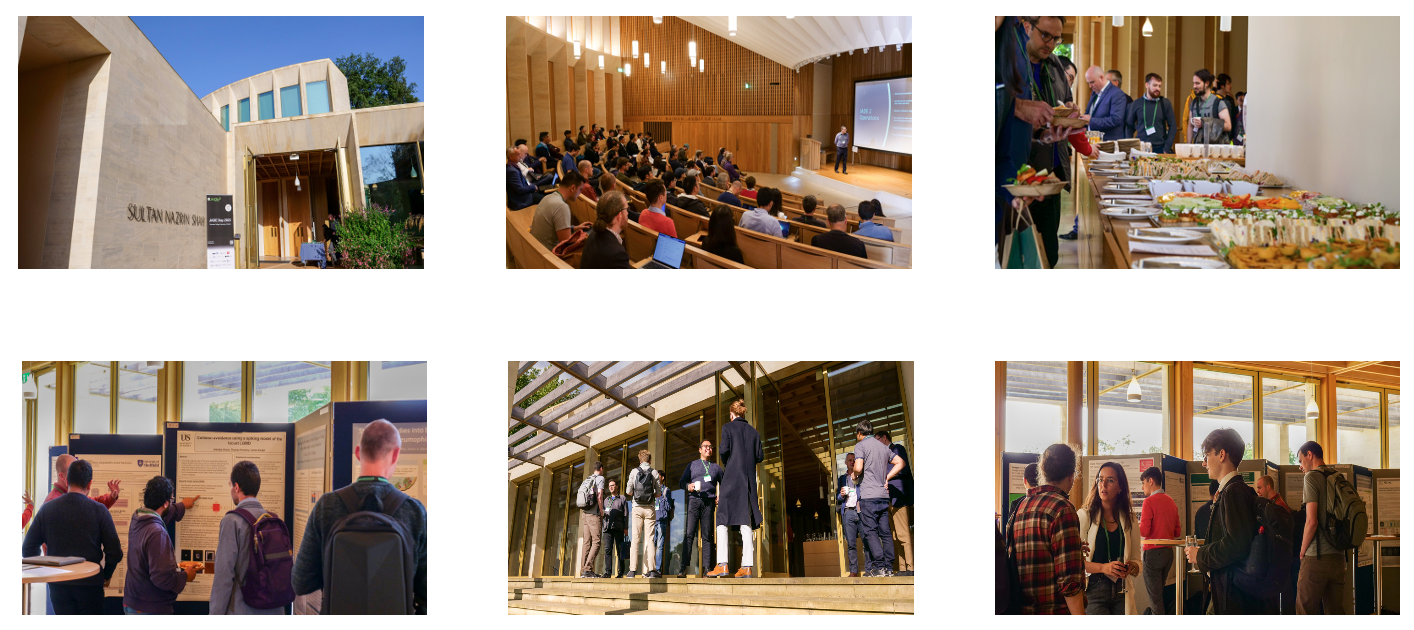Speakers and Presentation Slides
 |
Professor Wes Armour | Wes Armour is Professor of Scientific Computing at the University of Oxford. He is Director of the Oxford e-Research Centre, an interdisciplinary research centre that is part of the Engineering Science Department. He is Director and PI of JADE2 a 600 GPU machine that is the UKs national High Performance Computer facility dedicated to advancing Artificial Intelligence and Machine Learning in the UK. He has been awarded over £29M of funding as PI or Co-I for a diverse range of projects ranging from supercomputing, signal processing and machine learning to computational fluid dynamics and protein crystallography. Current research projects range from energy efficient machine learning, the use of machine learning for signal detection in time-domain radio astronomy and GPU accelerated signal processing for next generation radio telescopes to analytical error corrections for protein crystallography and the use of machine learning to predict stiffness matrices for offshore wind turbine foundations. | Slides |
 |
Mark Fellows | Mark has worked in the field of computing for 23 years, both as software engineer and as a system engineer. He has administered and managed common and novel architectures ranging from small business systems through to enterprise supply-chain systems and large-scale HPC facilities. Mark joined STFC’s Hartree Centre in 2017 where he has provided technical leadership in support of a diverse range of systems including Scafell Pike, IBM Power Systems and a Quantum Learning Machine. As a senior member of Hartree’s “Technical Solutions and Operations Group”, Mark’s current specialist areas of interest include job scheduling (LSF, SLURM) and DevOps. Mark jointly led the technical commissioning and integration of the current JADE HPC service into Hartree’s infrastructure. He continues to support the system and its user community. Mark is also a member of JADE’s “Service Operations” team. The Hartree Centre presentation covers operational highlights and reflections and highlights a future direction for UKRI AI services. | Slides |
 |
Marc Modat | Marc Modat is a Reader in Computational Imaging in the School of Biomedical Engineering & Imaging Sciences at King’s College London. Marc Modat is a Reader in Computational Imaging in the School of Biomedical Engineering & Imaging Sciences at King’s College London. During his PhD at University College London, he developed GPU-accelerated tools for medical image registration and uses those for the development of imaging biomarkers, especially for neurodegenerative disease. JADE is currently used within my group for several projects: Development of prognosis tools for tuberculosis meningitis, Core development of medical image segmentation tool using unsupervised approach, Core development of medical image registration tools, Core development and validation of the MONAI platform & Development of novel imaging biomarkers for spine imaging. | Slides |
 |
Twin Karmakharm | Twin is a Senior Research Software Engineer who completed his PhD at the University of Sheffield. Twin is a Senior Research Software Engineer who completed his PhD at the University of Sheffield. He specialises in High-performance agent-based pedestrian simulation, Parallel computing using GPUs, and Deep learning. He currently provides consultancy, training and technical support for researchers on Deep learning and other GPU related software engineering problems. Twin is the main JADE RSE contact for the University of Sheffield and has been a member of the JADE operations committee since the beginning. He oversees Sheffield researcher's access to JADE, and helps to provide training, support for technical issues and research workflow consultation. | Slides |
 |
Professor Thomas Nowotny | Professor Nowotny is the Co-Investigator of the JADE2 consortium at the University of Sussex. But he is also involved in using JADE2 for his own research in bio-mimetic AI. The project is concerned with gradient-based learning in spiking neural networks with the EventProp algorithm, introduced by Pehle and Wunderlich in 2021. We have found that applying EventProp to certain classification problems in spiking neural networks requires extensions to the algorithm and careful adjustments in the form of regularisation. The use of JADE2 (and other HPC systems) has been instrumental in investigating the necessary adjustments and finding the all-important correct meta-parameter values. | Slides |
 |
Toby Perrett | Toby is a Senior Research Associate at the University of Bristol. He received a PhD degree in computer vision from the University of Bristol. His research interest is in video understanding, particularly in cases where neural networks tend to perform poorly. Examples include when little or imbalanced training data is available, or when there is a domain gap between training and deployment. These problems frequently occur with large-scale naturally collected video data, and will become even more important as neural networks are used to understand the world from an egocentric viewpoint.Toby used JADE for the EPIC-Kitchens series of egocentric video datasets and benchmarks, and for his latest work: Use Your Head: Improving Long-Tail Video Recognition. | Slides |
 |
Adam Grzywaczewski | Dr. Adam Grzywaczewski is a senior deep learning data scientist / solution architect at NVIDIA, where his primary responsibility is to support customers in scaling and deployment of their deep learning workloads. Over the last four years, Adam has specialised in large-scale training, focusing not just on deep learning system and software design, but also on algorithms that allow for large batch data/model/pipeline parallel training. Adam works with customers with high computational needs and organisations with the need for large scale NLP and conversational AI. NVIDIA has laid the computational foundations for the modern AI revolution. Not only have we designed the GPUs that power the JADE supercomputer but also have created JADE server designed pushing the boundaries of scale in AI and creating tools that were critical for the current AI revolution. We have also worked with the entire AI community developing open software that today makes problems that seemed unimageable just few years ago (like building models composed of hundreds of billions of parameters) easy. NVIDIA has worked closely to help bring up JADE systems and enable its community to push the scientific boundary. | Slides |
